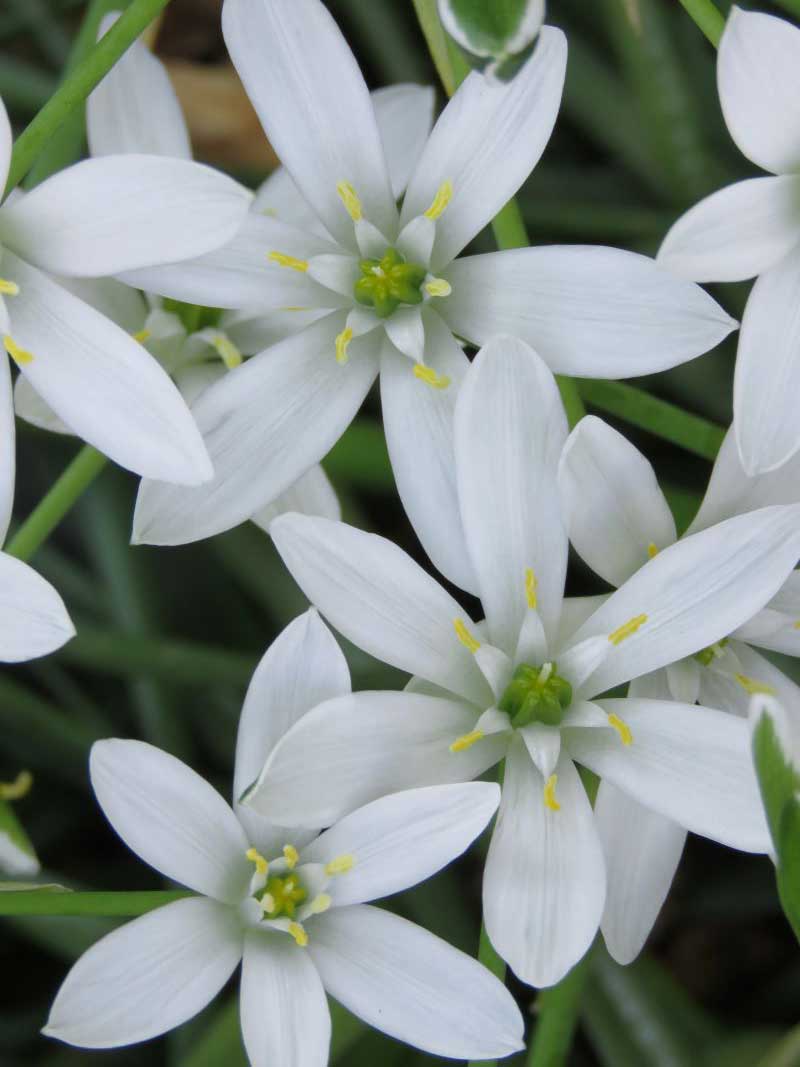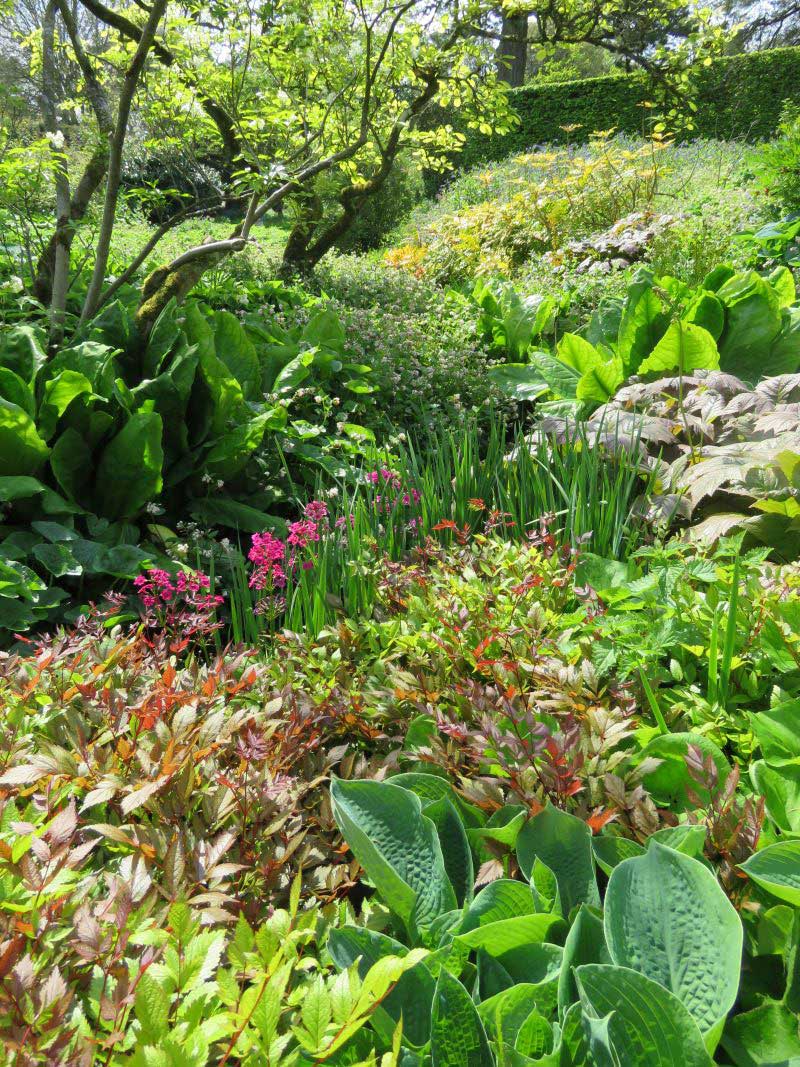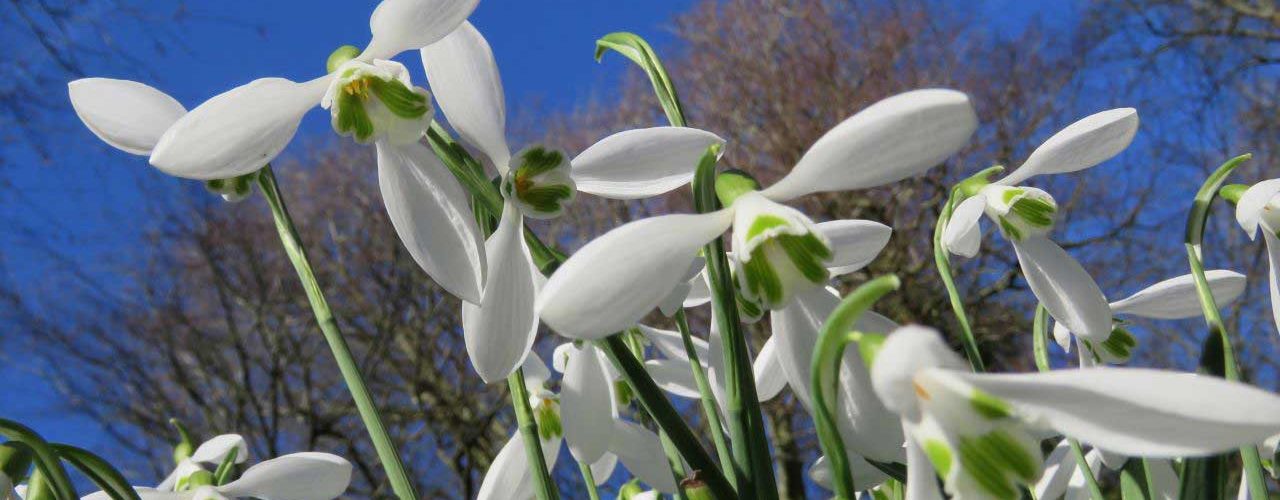
Resilience and the Bach Flower Remedies
April 22, 2023
Reflections on a Qigong Retreat
September 2, 2023Celebrating Gardens
"To plant a garden is to believe in tomorrow" Audrey Hepburn
Celebrating Gardens - Currently enjoying “Gardens and Health Week” here in the UK I have been reflecting on the benefits that gardens have on our collective health and wellbeing, and I will share some personal reflections too.
Gardens serve many purposes: they can be cultivated for flowers or growing food; used as spaces for exercise, relaxation, solace or recovery and used as places to play, meet and volunteer.
A King’s Fund report, commissioned by the National Gardens Scheme in 2016, looked at the impact of gardens and gardening on health and wellbeing and the benefits were found to be broad and diverse, with research studies showing significant reductions in depression and anxiety and improved social functioning.
Gardens are intimately connected to our health and wellbeing across the life course. As we get older research suggests gardens become much more important as a source of physical activity, but also in terms of our identity and independence, and in ameliorating loneliness.
Soon after my husband and I married my Mum died very suddenly and it was like a rug had been pulled from under me. My grief was overwhelming as it brought with it significant new responsibilities for loved ones I had not anticipated and threatened to destabilise the new life I had created.

Celebrating Gardens - The Bach flower Star of Bethlehem
Taking time to rest and recuperate I got to know the large suburban garden adjoining our home, one that had been cared for by the same family for over 50 years and which we bought a few months earlier.
At this stage I knew nothing about gardening, but I spent time out there each day learning about the plants and listening to the birds.
There was a greenhouse and I started to sow seeds for the summer. This was a wonderful way of learning how to be mindful and I learned also how to care for myself in small ways. The simple pleasure of seeing the first shoots emerge in the soil felt joyful in a way I hadn’t experienced before. The experience and awareness of new life all around me sharpened my senses and brought solace to my grieving heart, and I found a sense of peace and contentment in simple things.

Celebrating Gardens
Through the natural world I began to explore my spiritual connection which had been awakened through my loss. I discovered the emotional wisdom of the Bach flower remedies which eased my pain and which set me on a new path of healing which sustains me to this day, almost 30 years on.
The field of psycho-neuro-immunology demonstrates that our thoughts, moods and emotions directly affect the whole body: anxious feelings lead to elevated levels of adrenaline and cortisol whereas feelings of pleasure and enjoyment allow the release of positive endorphins. Time spent in nature has been shown to send positive, calming messages through the body, soothing our nervous system and reducing stress.
Spending time in my garden is deeply healing as it engages my senses fully, allowing my brain to focus on the present moment where life happens, and subtly reminding me of the impermanence of all things as I witness the life / death cycle within the natural world.
Being in a garden is an opportunity to practice mindfulness as we are immersed in the now, connected to nature through a deep sensory process of creativity and healing and this helped me reduce the shock, anger and sadness of grief.
The physical movement involved in e.g., digging, weeding and raking allows us to process painful feelings, whilst offering temporary respite from our most intrusive thoughts and negative thought patterns.
Celebrating Gardens - Access to the wisdom of nature residing in our gardens, woodland and wider green spaces is available to all minds curious about the magic and wonder of the universe.
As Rumi says, “Beauty surrounds us, but usually we need to be walking in a garden to know it.”
Celebrating Gardens - related articles of interest:-





